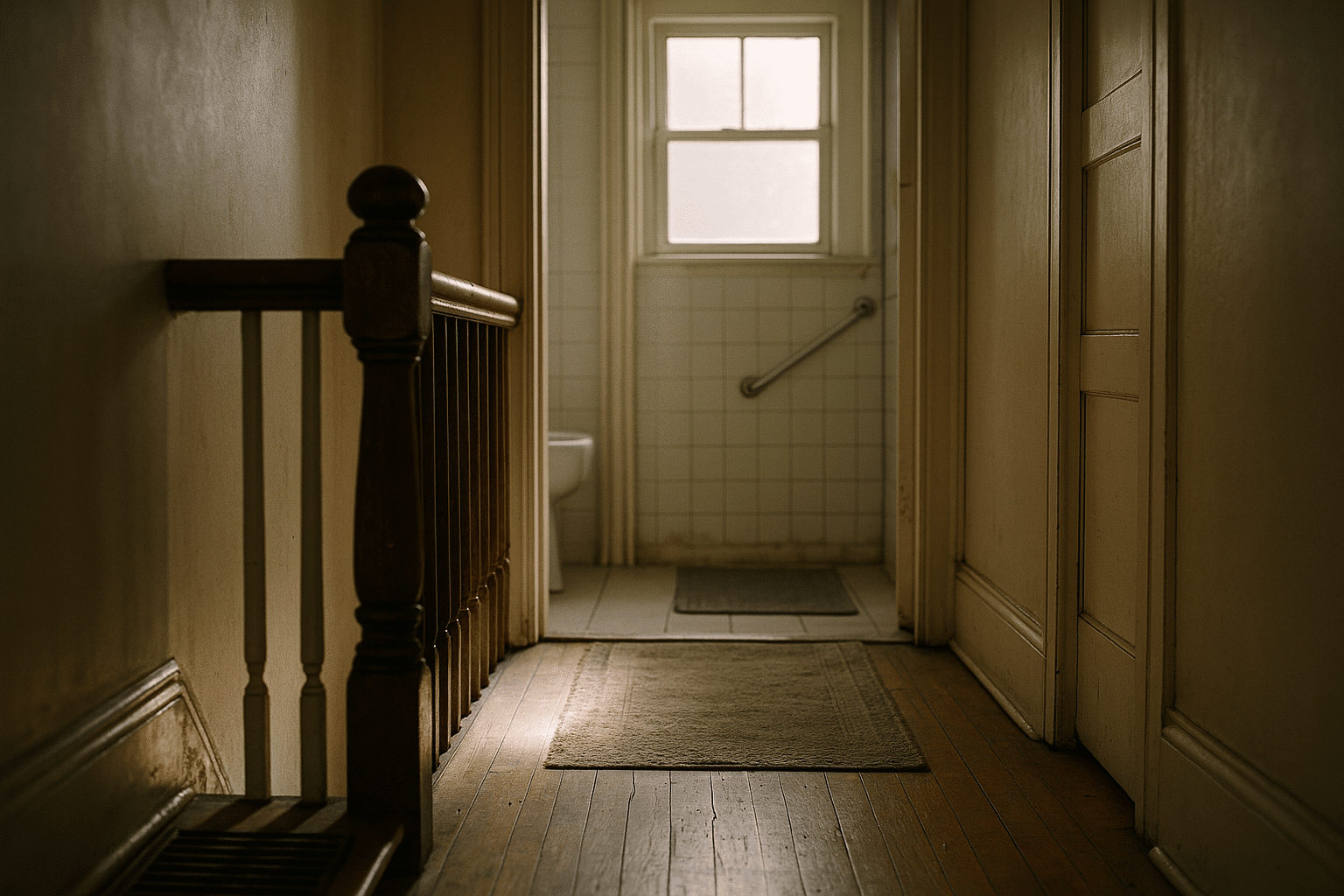
Debunking Myths About Protein Sources for Vegans
Exploring the world of vegan nutrition often comes with a whirlwind of myths, particularly around protein sources. Many wonder how vegans meet their protein needs without traditional animal products. This article is here to set the record straight and provide clarity on how plant-based diets can effectively supply ample protein.
Understanding Vegan Protein Sources
It’s a common misconception that plant-based diets lack sufficient protein. However, research shows that a well-planned vegan diet can provide all essential amino acids. According to a study published in the Frontiers in Nutrition, plant-based proteins can be complete and adequate for nutritional needs.
Expert Insights
Registered dietitian Sharon Palmer emphasizes, “Plant-based diets, when varied and balanced, can meet protein needs without difficulty.” This highlights the importance of diversity in food choices.
Common Vegan Protein Sources
| Source | Protein Content (per 100g) |
|---|---|
| Chickpeas | 19g |
| Lentils | 18g |
| Quinoa | 14g |
| Tofu | 15g |
| Tempeh | 19g |
| Almonds | 21g |
| Chia Seeds | 17g |
| Hemp Seeds | 31g |
Personal Anecdote
Consider Michael, a long-time vegan and marathon runner, who incorporates lentils, tofu, and quinoa into his diet. He shares that his energy levels and muscle recovery have improved significantly since he embraced a diverse vegan diet.
Actionable Tips for Vegans
- Incorporate a variety of protein-rich foods like beans, legumes, seeds, and nuts.
- Plan meals to combine incomplete proteins, such as rice and beans, to ensure a complete amino acid profile.
- Experiment with meat alternatives like tofu and tempeh to diversify your diet.
FAQs
Do vegans need protein supplements?
Not necessarily. A well-balanced diet can often provide all the necessary protein. However, supplements can be helpful in specific cases, like for athletes.
Can children get enough protein on a vegan diet?
Yes, with careful planning, children can meet their protein needs on a vegan diet by consuming a variety of foods.
Conclusion
Debunking myths about vegan protein sources reveals that a well-planned vegan diet can provide adequate protein. By embracing a variety of plant-based foods, vegans can meet their nutritional needs effectively. For more insights, consider exploring resources like Vegan.com for recipes and nutritional advice.


